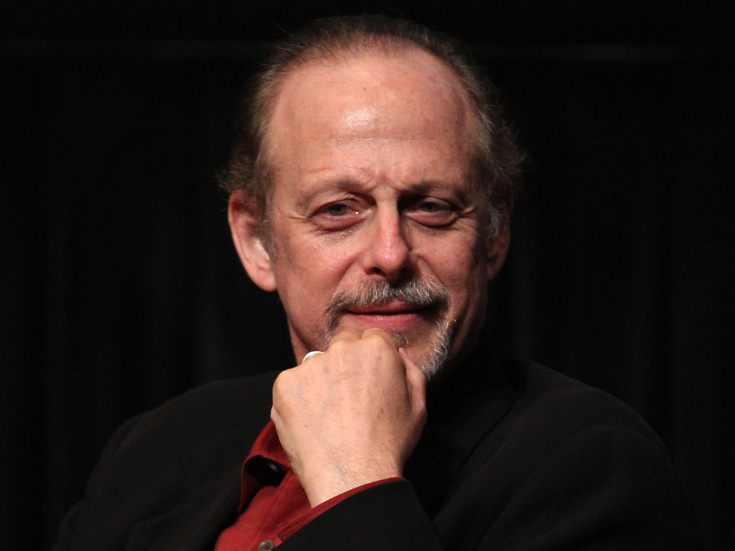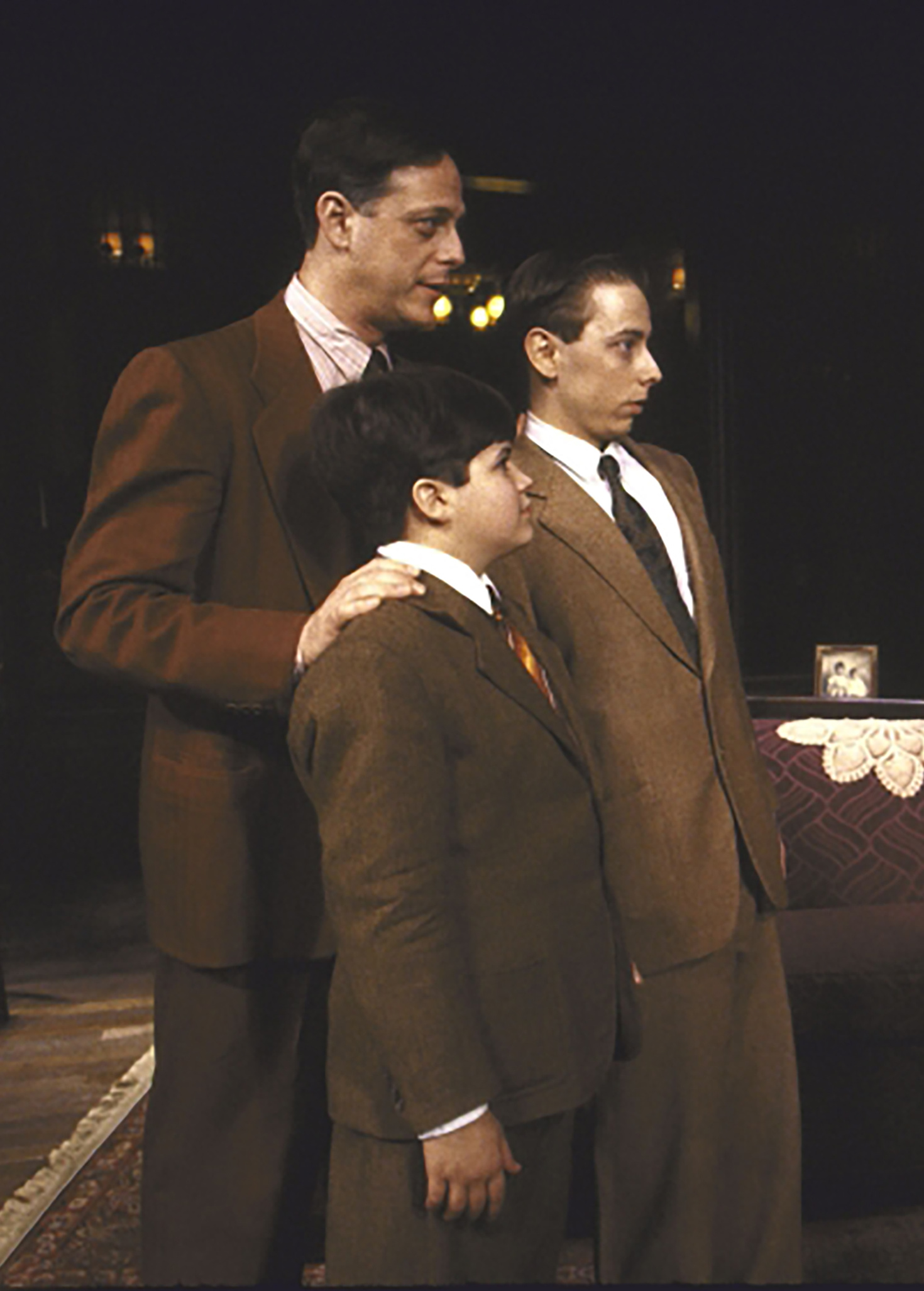Mark Blum, Fixture of Off-Broadway & Loved Character Actor, Dies at 69


(Photo: Dario Cantatore/Getty Images)
Mark Blum, an esteemed character actor and staple of the off-Broadway scene, has died at age 69. According to SAG-AFTRA, Blum passed away due to complications from coronavirus, a viral pandemic that shuttered Broadway on March 12 and recently took the life of Terrence McNally.
Blum, who became a fixture of the New York theater community over a 40-year long career on stage, appearing in acclaimed productions of Table Settings (1980) and Gus and I (1989) off-Broadway and Neil Simon's Lost in Yonkers (1991) on Broadway, was born in 1950 in Newark, New Jersey.
As an adolescent, Blum said trips into New York to see Broadway made him fall in love with theater, though acting never seemed to be in his future as a young boy. “I never for a minute at that age considered it for a career,” he told The New York Times in 1980. “I was raised in one of those basic middle-class Jewish families in the suburbs, and that just wasn’t something somebody thought about.”
Blum attended the University of Pennsylvania, where he gravitated toward theater classes. After graduating in 1972 as a theater major, Blum was accepted to the University of Minnesota’s graduate program in association with the Guthrie Theater. After, Blum toured with the National Shakespeare Company. He’d later owe to his time there the most important theatrical training of his career. “You can try anything you want to try,” he told The New York Times about his classical training. “It’s the old British theory that when you’re young, the best you can do, really, is work out in the provinces and make as many mistakes as you can.”

In 1975, Blum arrived in New York, where he landed a small Broadway role, making his debut opposite Zero Mostel and John Dexter in The Merchant (1977). “What I admired in them was the compassion they brought to everything they did,” he once said about his legendary co-stars. “The key to Zero was that he had no spare time. That’s the way I try to lead my life at this time.” He worked off-Broadway in a handful of Roundabout Theatre Company revues, reading extensively in theaters and movie houses, and, after being spotted by Tony-winning writer James Lapine in the Playwrights Horizons production of Say Goodnight Gracie (1978), was cast in Lapine’s comedy Table Settings (1980). Blum became an up-and-coming name in the theater community overnight.
“Like a lot of young actors, Mark Blum is spending a good deal of his time these days as a waiter,” wrote Lawrence Vangelder in a rare New York Times profile of Blum, only a young off-Broadway actor at the time. “The big difference is that when his stint of hovering and other table matters is ended, he takes a bow and hears the applause of the enthusiastic audiences that are filling the Playwrights Horizons theater.”
Blum’s career continued in earnest off-Broadway, appearing in Key Exchange (1981), Messiah (1984), McNally's It’s Only a Play (1986) and Little Footsteps (1986), before winning an Obie Award in 1989 for his turn as Al, a middle-aged, mediocre gay playwright who travels back in time to meet Gustav Mahler, in Playwrights Horizons’ Gus and Al. “In Mr. Blum’s appealing, weary-eyed portrayal, Al’s self-pity isn’t self-martyrdom so much as rueful hypersensitivity to the modern world with which he is perpetually at odds,” wrote Frank Rich, praising Blum for his high achievement in acting.
Blum—who had memorable roles in Desperately Seeking Susan (1985), Crocodile Dundee (1986), Shattered Glass (2003), Mozart in the Jungle (2014) and You (2018) on-screen—appeared in 17 more off-Broadway productions, including Fern Hill (2019), Amy and the Orphans (2018) and Rancho Viejo (2016) in recent years, virtually always to praise.

After his first stint in The Merchant, Blum returned to Broadway eight more times, where he employed his extensive classical training in first-rate character acting, playing supporting roles that frequently earned him applause. In 1991, Rich called Blum’s Eddie in Neil Simon’s Lost in Yonkers “vivid.” He appeared in My Thing of Love (1995) and played an adversarial campaign manager in Gore Vidal’s The Best Man (2000), giving off “the heady nervousness that the audience is meant to feel vicariously,” wrote Ben Brantley. In A Thousand Clowns (2001), Blum, playing “a temperamental and insecure television actor,” had “a great time with a self-pitying tantrum,” wrote Bruce Weber in the Times. Blum appeared in The Graduate (2002), Twelve Angry Men (2004) and the 2012 revival of The Best Man. In The Assembled Parties (2013), his last Broadway turn, he “embod[ied] the threats implicit in combative masculinity,” wrote Brantley.
Blum’s often animated and colorful character acting typified his approach to stage work. “The point of being an artist,” he told The New York Times in 1980 as a young man, “is that you have to keep changing and doing new things.”
“There are two kinds of people,” he added about meeting fans at the stage door, humbled that he might curry celebrity from an artform he never dreamed of being able to pursue: “people of the generation before me who tell me I remind them of their sons, and people of my generation. One night, someone wanted simply to tell me I’m him. That’s a good feeling. That means I’m touching something true.”
Blum is survived by his wife, actress Janet Zarish.